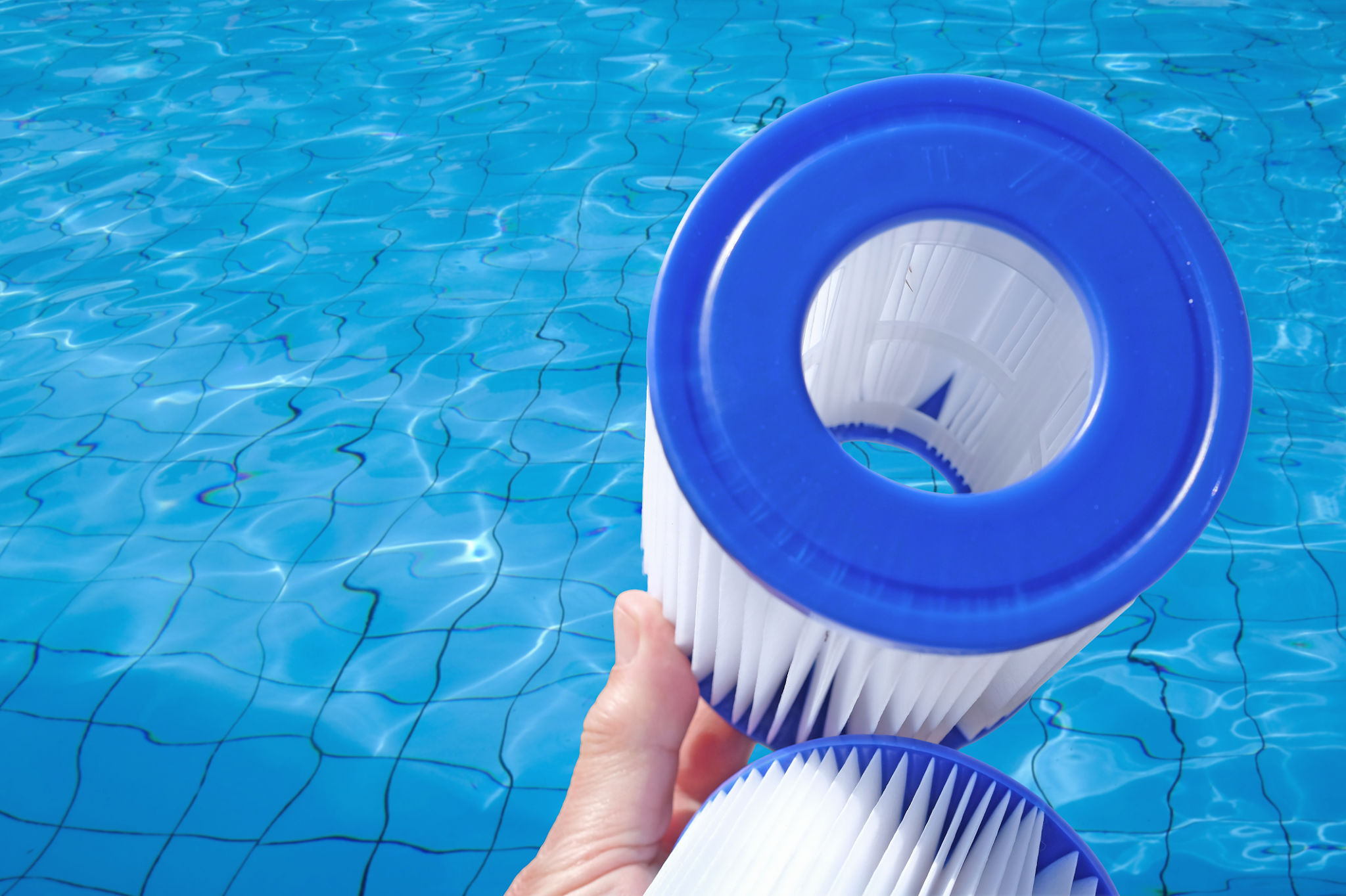Common Pool Myths Debunked: What Every Pool Owner Should Know
TS
Understanding Pool Maintenance
Owning a pool is a luxury that many homeowners cherish. However, along with the joys of having a personal oasis comes the responsibility of maintaining it. Unfortunately, there are several misconceptions about pool maintenance that can lead to unnecessary stress and expenses for pool owners. Let's explore some common pool myths and uncover the truth behind them.

Myth 1: Pools Require Daily Cleaning
One of the most pervasive myths is that pools need to be cleaned every single day. While regular cleaning is important, daily scrubbing is not necessary for most pools. A routine cleaning schedule, involving skimming debris off the surface and vacuuming the pool once a week, is usually sufficient to keep your pool clean and inviting.
Myth 2: More Chlorine Equals Cleaner Water
Many believe that adding extra chlorine to the pool will ensure cleaner water. However, using too much chlorine can actually be harmful, causing skin and eye irritation. It's essential to maintain a balanced chlorine level, typically between 1.0 and 3.0 ppm, to ensure your pool is safe and clean.

Myth 3: Pool Water Never Needs to Be Changed
Another common misconception is that pool water can remain unchanged indefinitely with proper chemical treatment. In reality, even with regular maintenance, water can become saturated with dissolved solids over time. It's recommended to drain and refill your pool every 3 to 5 years to maintain optimal water quality.
Debunking Chemical Usage Myths
Pool owners often face confusion regarding the use of chemicals in pool maintenance. Understanding the correct use and purpose of these chemicals can simplify your pool care routine and prevent potential issues.
Myth 4: Shocking the Pool is Only for Emergencies
Pool shocking is often misunderstood as a last-ditch effort to correct a problem. In reality, regular shocking is an essential part of pool maintenance. It helps to eliminate chloramines and other contaminants, keeping your water fresh and clear. Shocking your pool once every one to two weeks is advisable, especially after heavy use.

Myth 5: Baking Soda is a Substitute for Pool Chemicals
While baking soda can help raise the pH level of your pool, it is not a substitute for pool chemicals. It should be used in conjunction with other treatments, not as a standalone solution. Maintaining the correct balance of pH, alkalinity, and chlorine is crucial for the health of your pool water.
Conclusion: Pool Care Made Easy
By debunking these common myths, pool owners can avoid unnecessary stress and ensure their pools remain a source of enjoyment. Understanding the basics of pool maintenance, such as proper cleaning schedules, chemical usage, and water replacement, can help you manage your pool efficiently and effectively.
Remember, the key to a sparkling, healthy pool is regular maintenance and informed decision-making. Armed with the right information, pool care can be a straightforward and rewarding task.